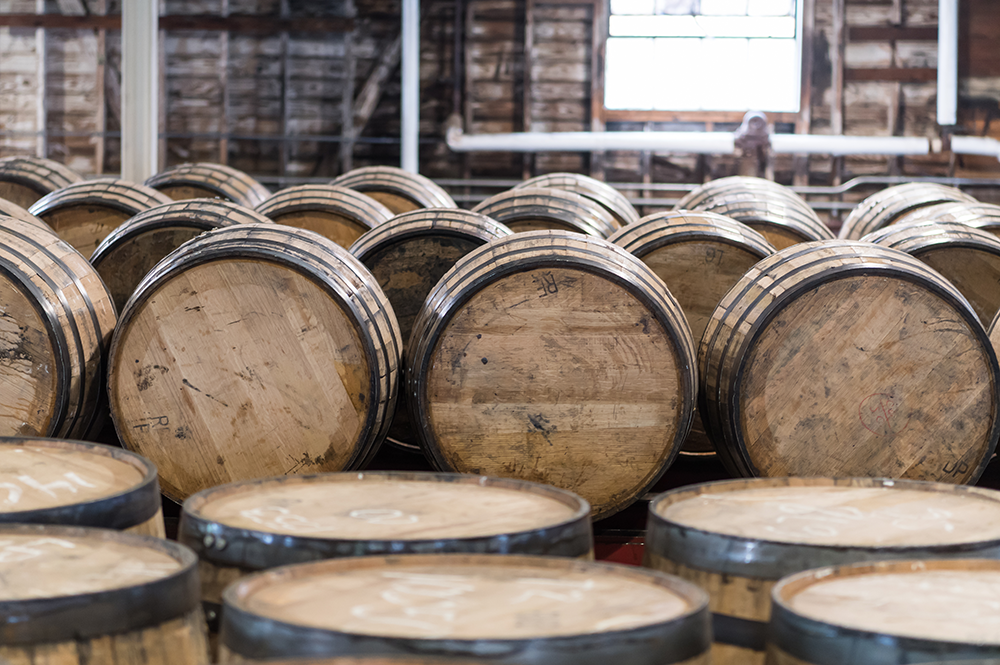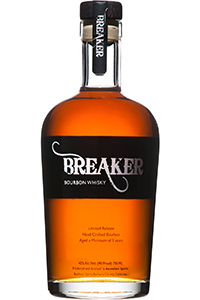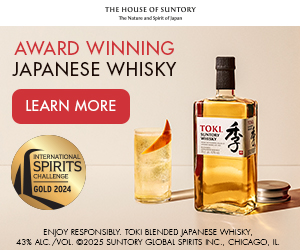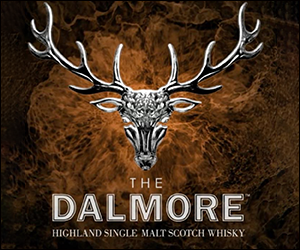WhiskyCast Episodes
WhiskyCast is where it all begins. Now in our 20th year, each weekly podcast brings you the latest in whisky news, along with the latest events, tasting notes, comments from other listeners, and the weekly “In-Depth” segment features interviews with the people who help make whisky the “water of life”.

Episode 494: August 30, 2014

Steve Gertman of California’s Ascendant Spirits produces Breaker Bourbon, and his brand is one of those targeted by a Chicago-based law firm that specializes in class-action lawsuits, and is “investigating” claims by small-batch whisky brands about the source of their whiskies. Like many small producers, Gertman has been sourcing whiskey from other distillers while the Bourbon he’s making is aging, and he responds to the claims on this week’s WhiskyCast In-Depth along with criticism he’s received since appearing on WhiskyCast last January. In the news, Templeton Rye is also a target of the law firm’s probe, and has announced that it will change its label to reflect that the whiskey is distilled in Indiana and not Iowa. We’ll also have reaction from other targets of the probe as well, along with the reaction of Charbay’s Marko Karakasevic to last weekend’s Napa Valley earthquake and much more!
Links: Ascendant Spirits | Templeton Rye | Consumer Class Actions.com | Edelson | High West | Redemption | Angel’s Envy | WhistlePig | KGB Spirits | Maker’s Mark | Bulleit | Tullamore Dew | Charbay | Heaven Hill | Ardbeg | Mackie’s of Scotland | Willett




